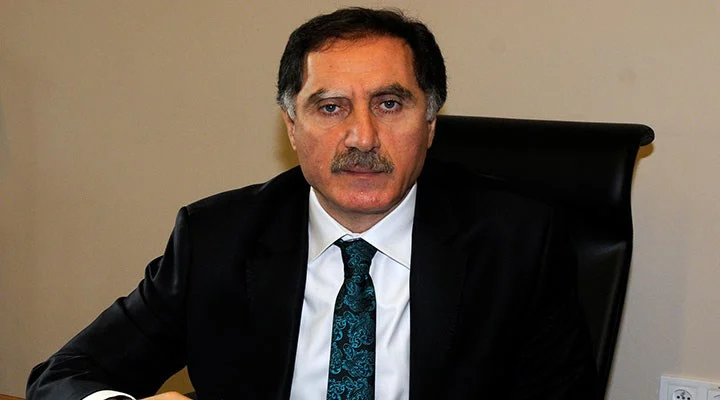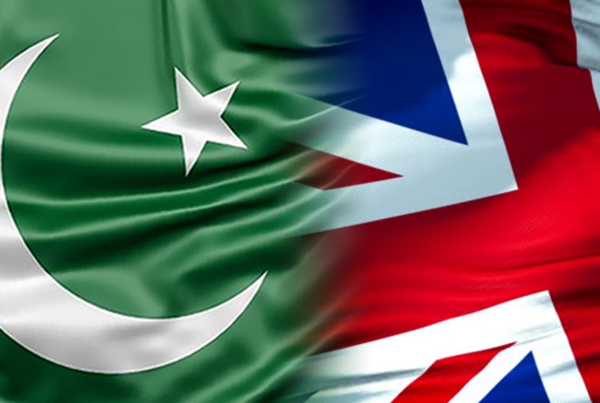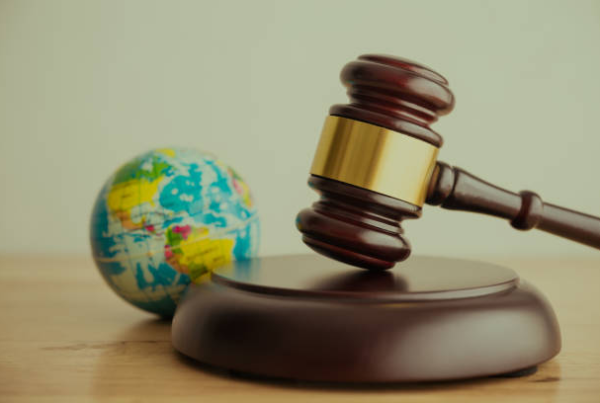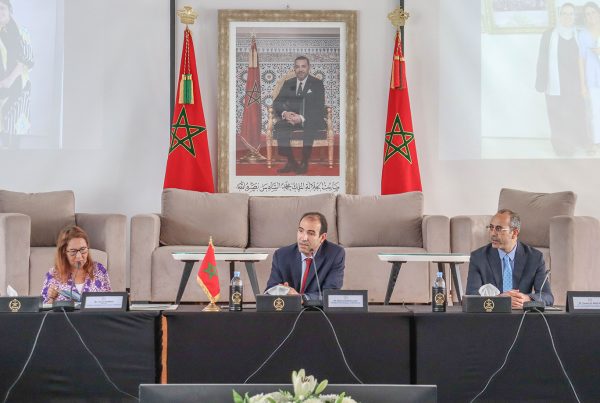
By Maryam Tahir
(Maryam Tahir is a law graduate of University of London. Currently Ms. Tahir is working as an intern at the OICOA Member Institute, Federal Tax Ombudsman of Pakistan)

The plight of the Palestinians in Gaza has garnered international attention for decades. Recently, under the supervision of the OICOA President and Chief Ombudsman of Turkiye (H.E Seref Malkoc), the Turkish Ombudsman Institution released a report titled “Gaza: Nakba of Humanity” igniting renewed focus on alleged human rights abuses in the region. The office of Turkish Ombudsman Institute was tasked with publishing an in-depth research and review pertaining to ongoing genocide and worst humanitarian crimes against innocent Palestinians on the hands of barbaric and inhumane Israeli Defence Force (IDF). This report has been sent to the Turkish Parliament alongwith international institutions and organizations including the UN Security Council, European Parliament, Council of Europe, Organization for Security and Cooperation in Europe (OSCE), and the International Criminal Court (ICC). This article explores the report’s significance, the role of the Ombudsman in addressing the crisis, and the wider impact of its work on Turkish society.
The Turkish Ombudsman’s investigation into Gaza transcends geographical boundaries. It underscores the institution’s commitment to upholding human rights, a cornerstone of its legal mandate as Turkiye’s own Constitution guarantees fundamental rights like life, security, and freedom from torture. The Ombudsman Report on Gaza further draws upon international instruments such as the International Covenant on Civil and Political Rights and the Convention against Torture. By invoking these legal frameworks, the report establishes a strong foundation for investigating war crimes by Israel.
The report’s findings have the potential to influence Turkish foreign policy. Turkiye has consistently criticized Israeli policies towards the Palestinians, and this investigation is likely to amplify those concerns. It could lead to increased diplomatic pressure on Israel and potentially influence how Turkiye interacts with other countries on the issue. Additionally, the report may prompt Turkish authorities to explore further avenues of support for the Palestinian people.

Beyond its immediate impact, the Office of Turkish Ombudsman Institution’s work carried out under the leadership of H.E Seref Malkoc, carries significant weight for the Turkish society as a whole. It fosters a culture of accountability within the government, demonstrating that no entity is above scrutiny. This transparency strengthens public trust in institutions and reinforces the notion that human rights violations, regardless of location, will be investigated.
The report also sparks dialogue within Turkish society about global issues. By delving into the Gaza situation, the Ombudsman compels citizens to engage with complex humanitarian concerns. This paves way for enhanced empathy and a sense of shared responsibility for addressing human rights violations wherever they occur.

Furthermore, this project led by the OICOA President H.E Seref Malkoc (Chief Ombudsman of Turkiye) sets a powerful precedent for other countries. It demonstrates the effectiveness of independent institutions in holding governments accountable on human rights issues, even those beyond their borders. This could inspire other nations to establish or strengthen similar oversight mechanisms and publish reports regarding the ongoing genocide of Palestinians, which have a potential to be of a persuasive value.
However, the report’s impact is not without limitations. The response of the Israeli government and its stakeholders and allies remains to be seen, and the report itself may not be enough to enact immediate change on the ground. Despite this limitation, the Turkish Ombudsman’s initiative holds immense value. It serves as a beacon of hope for those suffering in Gaza and a testament to Turkiye’s commitment to human rights. The report offers a platform for holding Israel accountable and paves the way for constructive dialogue and accountability of Israel’s Zionist led regime of Benjamin Netanyahu at an international forum.






